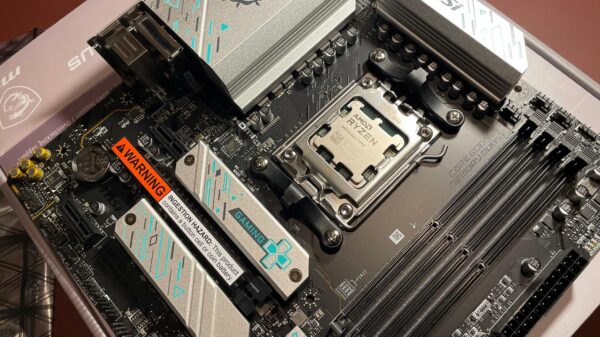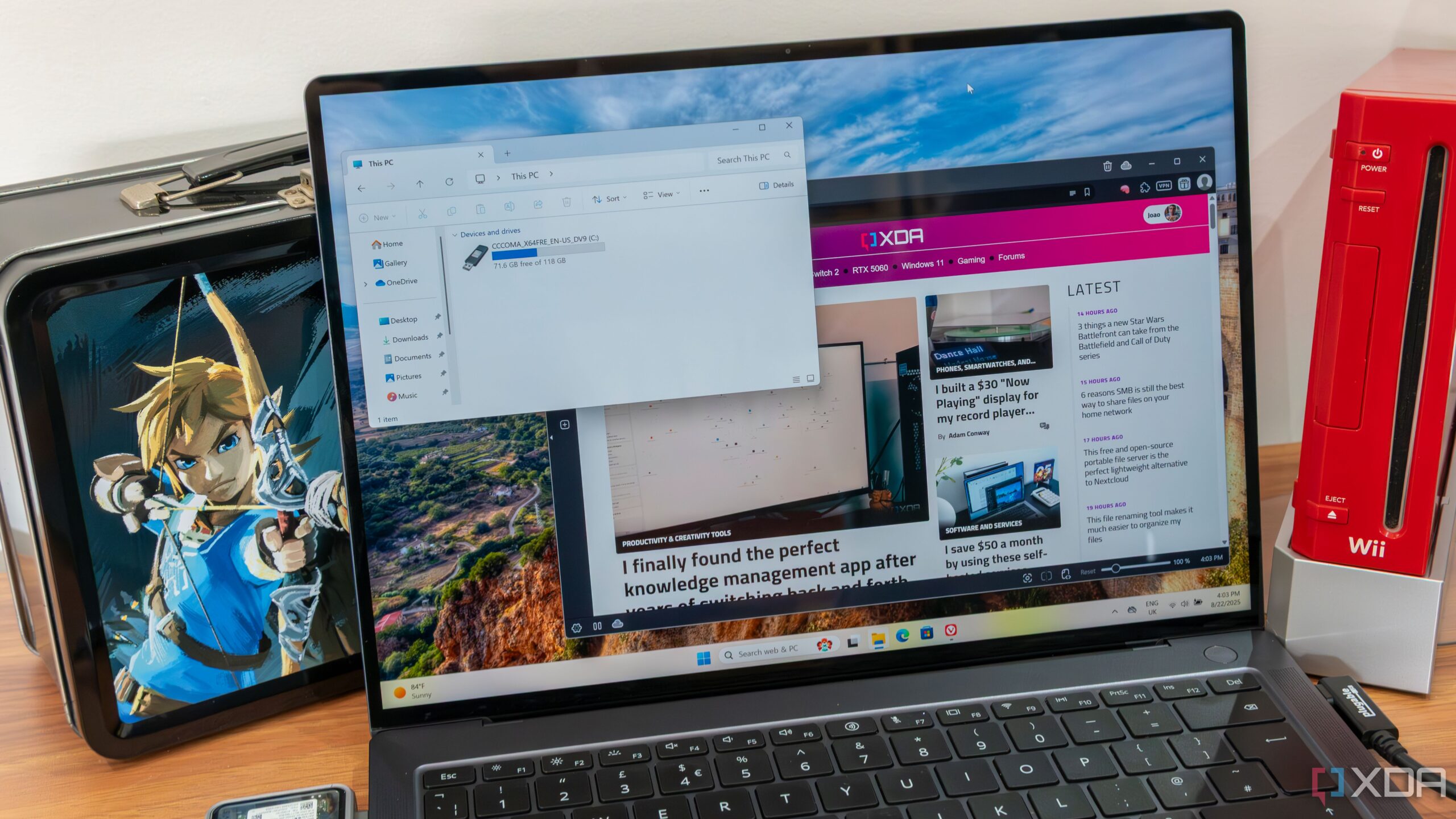UPDATE: Tech users are excited as individuals can now create a portable installation of Windows 11 on an external SSD, a game-changer for mobile computing! This capability, previously available through Microsoft’s Windows To Go feature, was discontinued in 2020, but thanks to the popular tool Rufus, users can still set it up easily.
This process allows anyone to run Windows 11 off a USB drive, providing a familiar environment on any compatible computer without needing to install software directly. Users can access their preferred applications and settings wherever they go, making it ideal for public PCs and shared devices.
To get started, download an official Windows 11 ISO. Then, use Rufus to prepare your USB drive. Select the ISO and choose the Windows To Go option from the dropdown menu. This setup not only enables Windows 11 usage on various systems but can also prevent access to a computer’s internal drives, protecting personal data.
The installation requires a fast and spacious USB drive. A recent user tested the setup on a 16GB drive but encountered performance issues, including freezing and infinite loading loops. Switching to a 128GB SSD significantly improved the experience, facilitating a smoother installation and boot process.
While the setup can be completed in minutes, users should be prepared for potential driver issues, especially when switching between different devices. The portable installation uses the USB drive for storage, which means users need sufficient space to accommodate their files and applications. The minimum recommended size is 64GB, aligning with Windows 11’s system requirements.
Reports indicate that this portable Windows solution isn’t flawless. Users like one individual testing on a Huawei MateBook X Pro faced booting problems with various devices, including the Asus Zenbook 14 OLED. Some computers failed to recognize the USB drive entirely, leading to frustration.
Despite these challenges, the experience of using a portable Windows setup feels seamless once configured correctly. Users report smooth operation, especially when utilizing high-speed connections like USB 3.2 Gen 2, which can support transfer speeds up to 10Gbps. One user successfully wrote an article using the portable installation, highlighting its viability for everyday tasks.
While this method is not officially supported by Microsoft, the current functionality encourages tech enthusiasts to give it a try. With the ability to carry your Windows environment wherever you go, this could transform how users interact with public and shared computers.
Stay tuned for more updates on this developing story as users share their experiences and any improvements to this portable Windows 11 solution. The tech community is buzzing about this innovative workaround, and it may redefine mobile computing for many.








































































